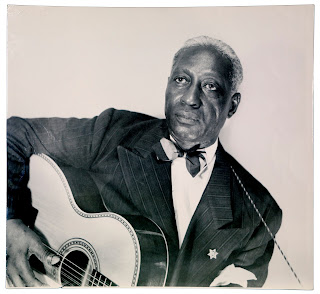It has been a strange week in America, absolutely surreal, and the future, despite the Dow spiking at 20,000, appears to be harrowing. To keep myself from obsessing over yet another newspaper, I finished reading Icelandic writer Jon Gnarr's The Indian this evening. "Gnarr" is pronounced with a rolled "r" at the end of the word, which makes it a fun name to say. I am quite thankful to Dallas' Deep Vellum Publishing for introducing the English-speaking world to this great Icelandic writer. His book, one part novel, one part memoir, dives into the psyche of a disturbed, angry child, and I found the way the author explained the logic of the antihero to be both fascinating and illuminating.
I will now read Signs Preceding the End of the World by Yuri Herrera, which I purchased from the front table at The Last Word Bookstore in Fort Worth last week. The novel takes place on the US-Mexico border, a land that is bound to change in the near future.
So we get a wall and Mexico gets a tariff. I hope Americans understand that this tariff will be nothing more than a shell game. When Americans are buying produce at Wal-Mart for twenty percent above the current price, I hope they understand who exactly is paying for that wall.

